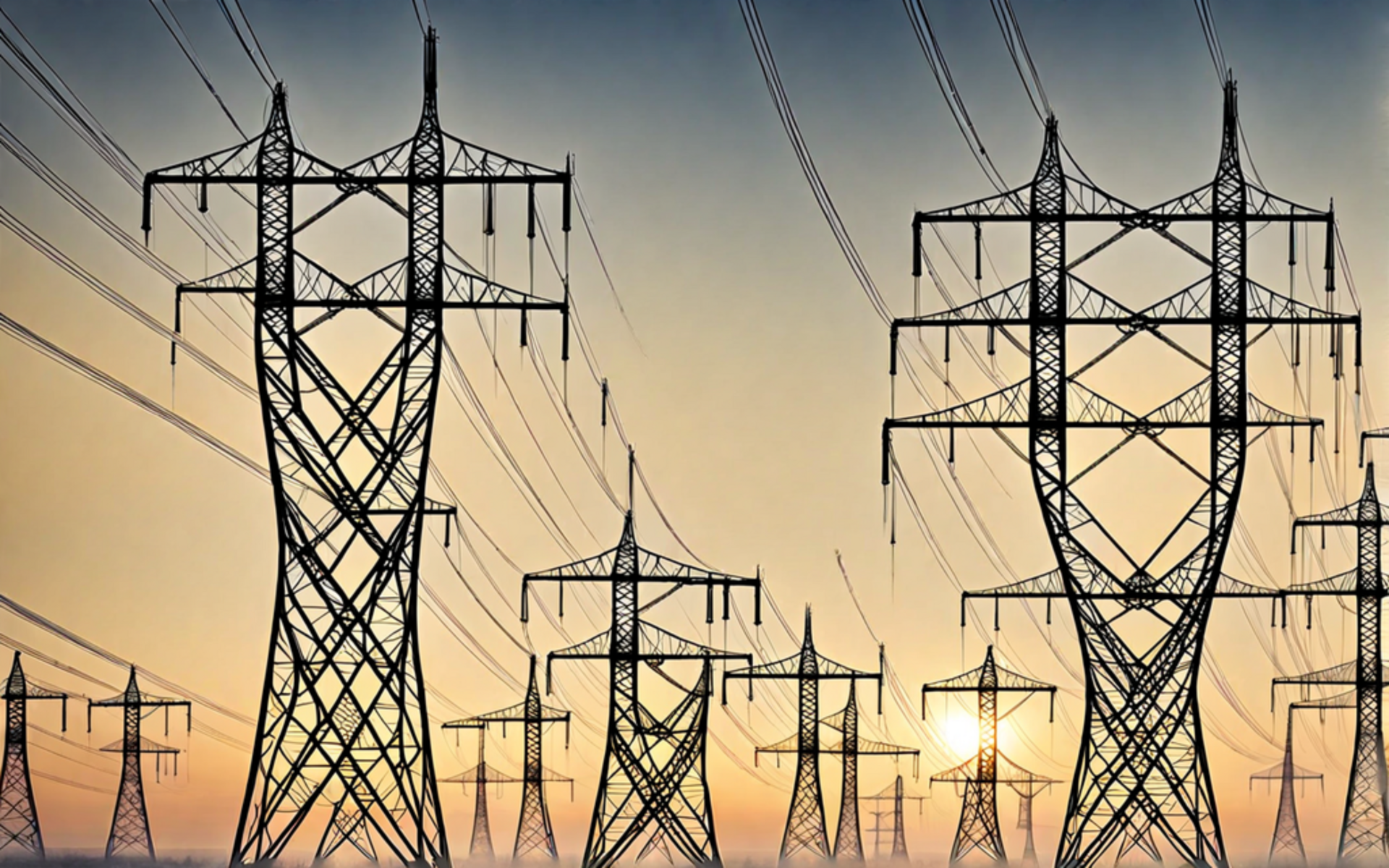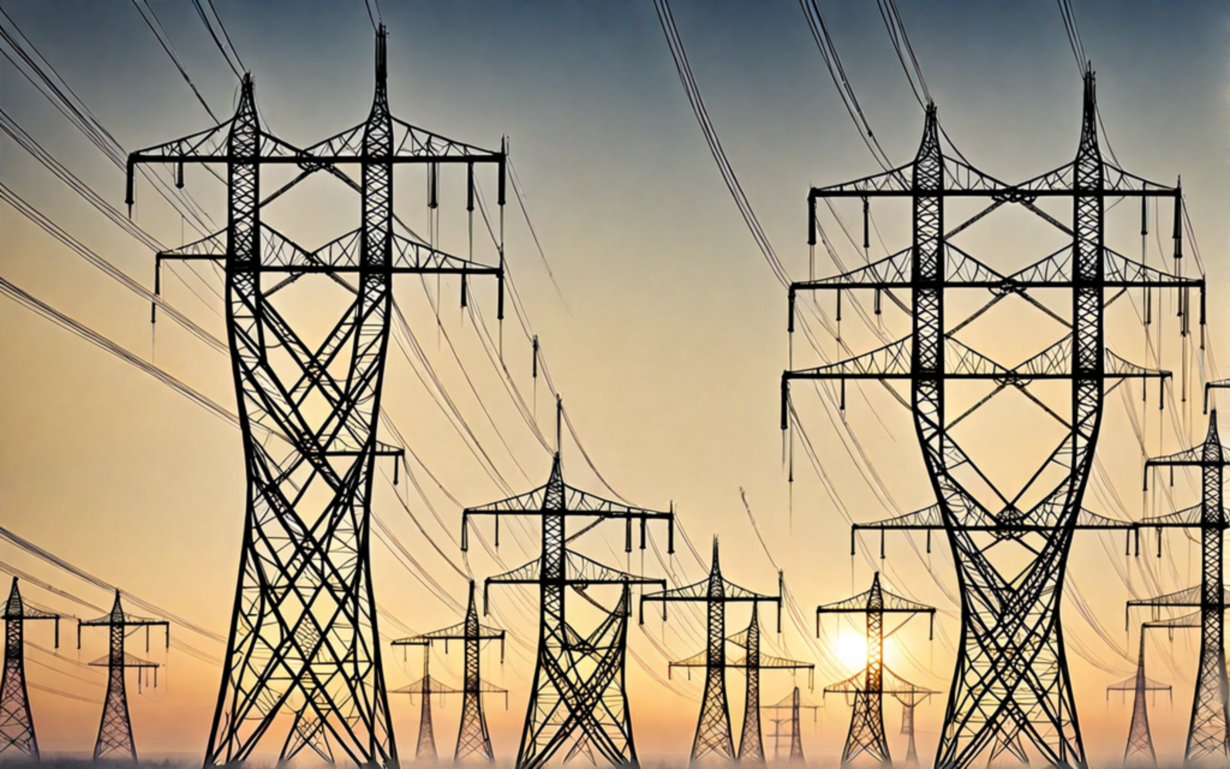Episode 94: Germany, you "power beggar"?

For months, German tabloids have been waging a battle over the most popular "energy transition" narrative as far as power generation is concerned. After the "Russian gas shortage" (2022) came the nuclear phase-out (2023). This was followed in early summer by newspaper reports that renewable energies would allegedly "never be able to supply a large industrial nation with electricity and heat" ("Heating Act"). Finally, on August 8, 2023, the BILD newspaper ran the headline, "New report shows: Germany is becoming an electricity beggar."
Despite numerous corrections, which were immediately and consistently published by experts, this narrative of the "German electricity beggar" in particular persists for an alarmingly long time.
In this podcast episode, Prof. Bruno Burger and Dr. Christoph Kost (Fraunhofer Institute for Solar Energy Systems ISE) present how increasing European electricity trade (for each participating country!) leads to cheaper and, as it were, greener electricity imports.
The key points addressed in this podcast:
1) Germany's electricity dependency: at any given time (season and time of day!), Germany could carry its own electricity load. But since European electricity trading allows for an even greener and more cost-efficient electricity mix, experts strongly discourage a return to a country's own electricity self-sufficiency. But (again): Germany could carry its own electricity load at all times (season and time of day!).
2) Green power mix: Germany has been using less and less hard coal to meet its electricity needs for several months. In the first consideration, this has nothing to do with the nuclear phase-out (April 2023). However, it shows how little influence nuclear power has had on the German electricity mix recently.
3) Germany still imports nuclear power from France (which covered about 3% of total German consumption in August). However, these imports take place increasingly in summer - and not, as often claimed, in winter.

